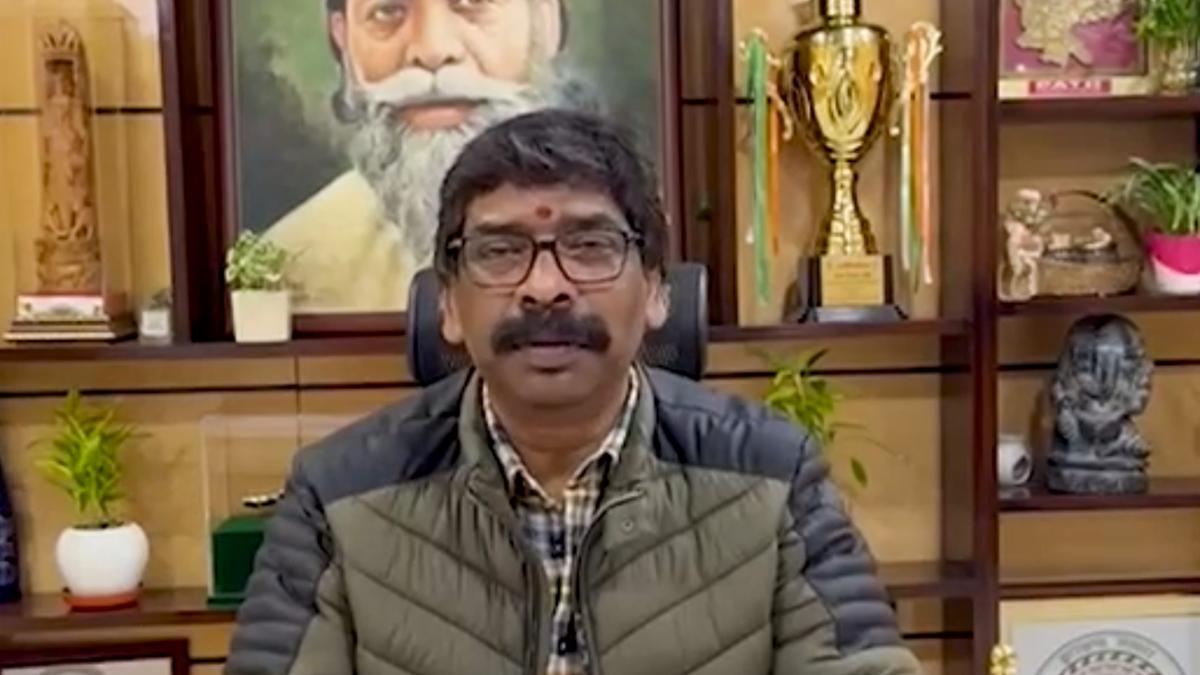The article from The Hindu details a pivotal development in the case involving Hemant Soren, the Chief Minister of Jharkhand, who has filed a bail plea in connection with a money laundering investigation. The Supreme Court of India has now taken action, issuing a notice to the Enforcement Directorate (ED), the agency responsible for investigating financial crimes, requiring them to respond to Soren’s plea.
At the heart of the matter are allegations of money laundering during Soren’s tenure as Chief Minister from 2009 to 2013. The ED has been actively probing these allegations, prompting Soren to seek anticipatory bail to forestall any potential arrest or legal consequences.
The issuance of a notice by the Supreme Court signals the initiation of a formal legal process. This process will necessitate the ED to present its stance on Soren’s bail plea, thereby setting the stage for further legal proceedings.
This legal battle holds significant implications not only for Soren personally but also for the political landscape and governance of Jharkhand. As the Chief Minister, Soren wields considerable authority, and any legal action against him could disrupt the stability and functioning of the state government.
In essence, the article underscores the ongoing legal challenges confronting Hemant Soren and emphasizes the gravity of the accusations leveled against him. The involvement of the Supreme Court adds a layer of judicial scrutiny to the proceedings, indicating that the matter will be adjudicated through a formal and transparent legal process.



